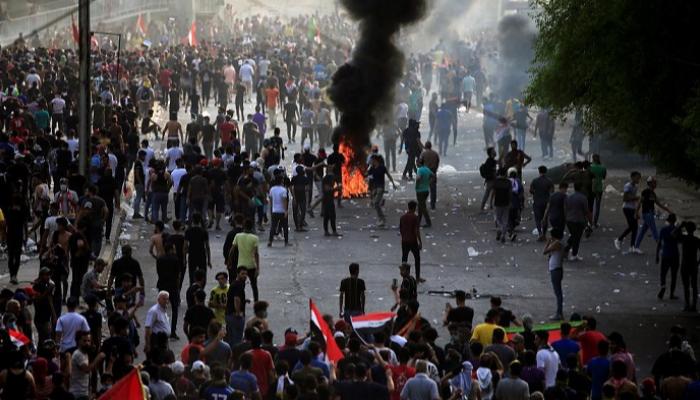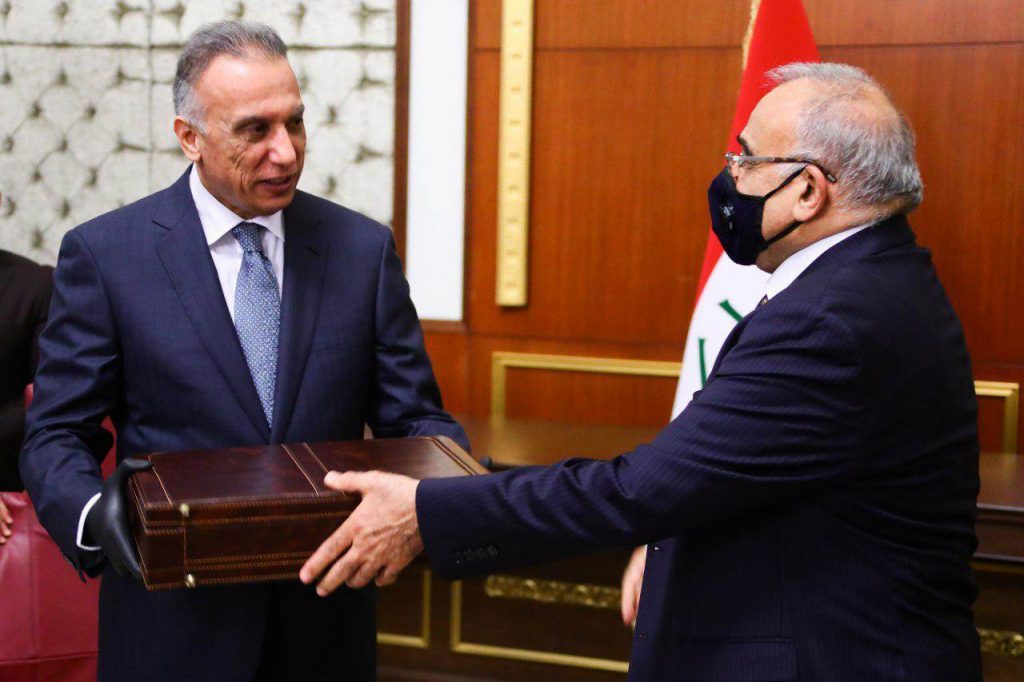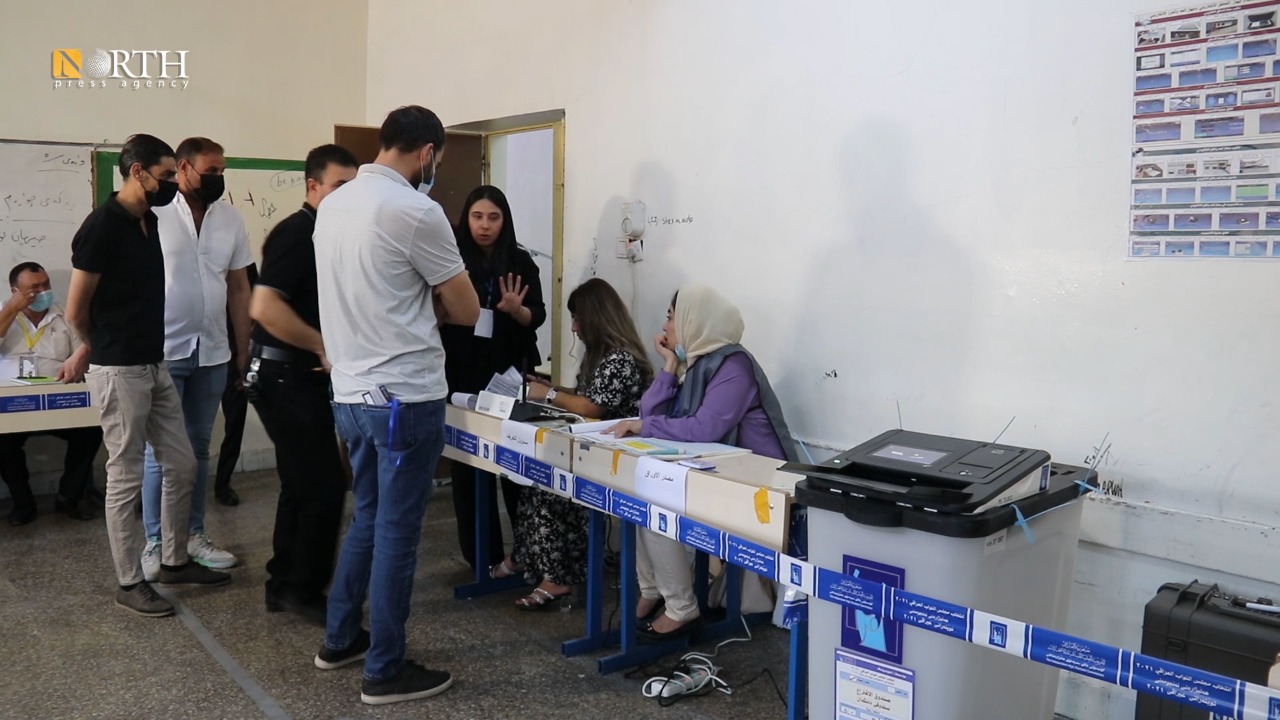What will early Iraqi elections bring to political scene?
ERBIL, Iraq (North Press) – In an electoral race, the first of its kind during the era of federal Iraq since 2003, the competition between Iraqi and Kurdish political alliances and currents is increasing for 329 seats in the Iraqi parliament, which is taking place today on Sunday.
According to statements by Iraqi officials, these elections are considered a turning point that differ from the previous ones for several reasons.
This election process has caught the attention locally and internationally because it comes after the protests of October 2019 and what came aftermath of protests for meeting the protesters’ demands and drawing a political map to meet their aspirations.
It also comes after the Washington-Baghdad strategic accord which stated that the US reduces its combat troops and keeps forces for training and military advice.
Have October Protesters failed?

Observers see that the powers that emerged from the protests could not unite their ranks. Therefore, the Iraqi decision and political process is linked to the political currents in force, despite the promises of Iraqi Prime Minister Mustafa al-Kadhimi, to return Iraq to its regional position, to solve internal issues and problems, and to control the arms of the groups affiliated with the parties.
The Iraqi political analyst, Najm Qassab, does not believe that the protesters of October will be able to make gains in the next parliament, because they are scattered and have no unified bloc or funding, in addition to the fact that some of them refused these elections to be held.
“But what Mr. al-Kadhimi did, were positive steps, and he fulfilled the promises he made when becoming a prime minister, the least of which was holding early elections in a safe environment,” Qassab told North Press.
The ongoing elections are receiving regional and international attention and they are under international monitoring, which some see as an indicator that shows the importance of the elections and what they will change in the upcoming Iraqi political process.
However, the question asked by the Iraqi population, especially the October protesters, is “Will the Iraqi parliament really be able to restore the population’s confidence in it? Or will the powerful political forces, along with regional influences, continue to put pressure on the structure of the legislative institution and decision-making?”
The post-election stage awaits a struggle between the Sunni forces over the position of Speaker of Parliament, the Shiite forces over who will be the largest bloc to appoint the prime minister, and the Kurds over the position of President of the Republic.
This is what actually happened in the 2018 parliamentary elections, as the Iraqi administration structure is divided by political consensus after the fall of the previous regime in 2003, although this consensus is not mentioned in the constitution but it has remained within the framework of custom.
It was customary, according to the political consensus in Iraq, that the position of prime minister is for the Shiites, the parliament is for the Sunnis, and the presidency is for the Kurds.
Will 2018 elections’ scenario be repeated?
The previous elections in 2018 witnessed several problems, most notably complaints and mutual accusations of fraud, burning of some ballot boxes and theft of others. They were then recounted and sorted out manually and thus the announcement of the final results were delayed for months after the polls.
In addition to the failure to resolve the largest bloc in Parliament, whose function was to present a candidate for the position of Prime Minister to the Presidency of the Republic, who was previously chosen by the parliamentarians. The President, in turn, would ratify the name of the candidate and return it to Parliament to grant confidence.
Regarding the intra-Kurdish competition for the presidency of Iraq between the Kurdistan Democratic Party (KDP) and the Patriotic Union of Kurdistan (PUK), the competition in Parliament was decided in favor of the PUK, and Barham Salih was appointed as president.
In its first session in 2018, the Parliament witnessed a struggle to nominate the prime minister between al-Bina’ bloc, in which the State of Law Coalition led by Nuri al-Maliki, emerged, and al-Fatah bloc led by Hadi al-Amiri on the one hand, and Sa’iroun Movement under the guidance of Muqtada al-Sadr, along with his loyalist currents.
The session then ended with the selection of Adel Abdul-Mahdi as prime minister, who resigned a year after forming his government under the pressure of the protests, so that al-Kadhimi has assumed the office since then.

Observers expect a repeat of the 2018 scenario, despite the diminished chances of al-Maliki, who recently showed his intention to lead the next government, according to media reports. Muqtada al-Sadr, who had previously decided not to participate in the elections, retracted his decision and decided to support al-Kadhimi.

